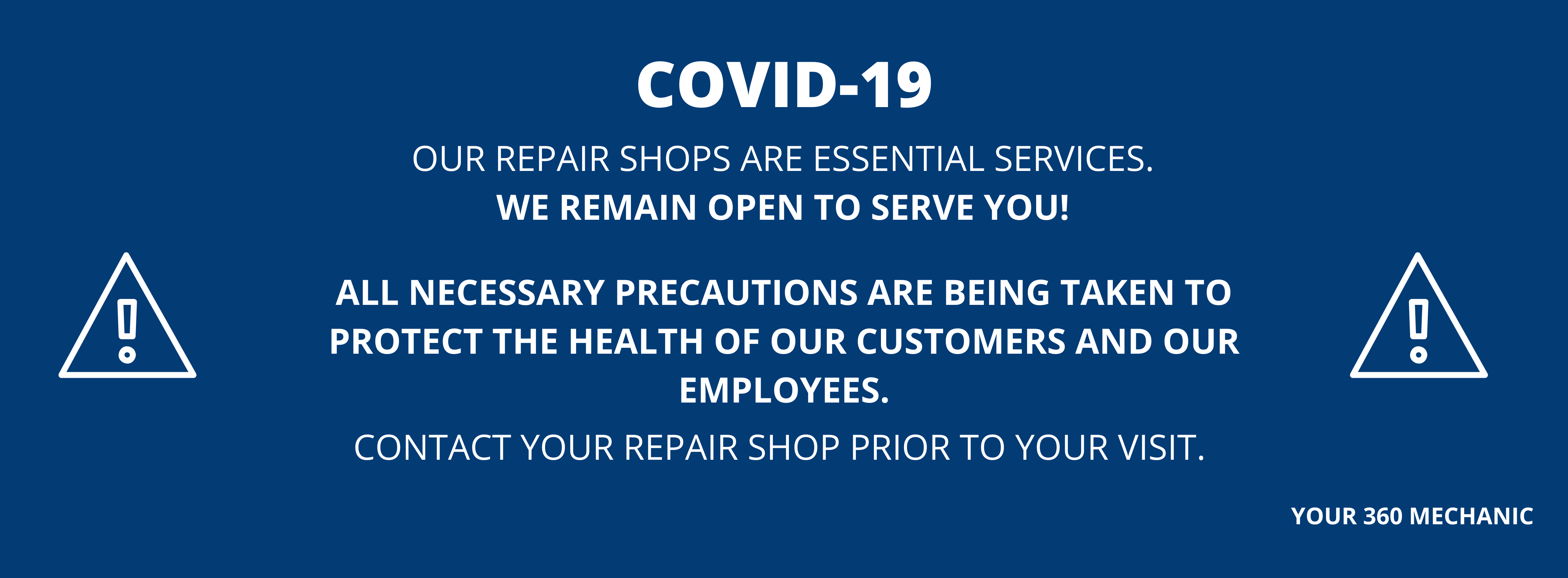What to do if your car hydroplanes
It’s a scenario that many drivers dread: your car loses traction on a wet road and suddenly starts to slide out of control. Hydroplaning is something every driver must learn to guard against, as it can put your life and the lives of other road users at risk. Your Certified Auto Repair takes your safety to heart.
In this article we give you advice on effectively handling a car that’s hydroplaning, thereby protecting yourself, your passengers and other road users.
Steps to take if your car hydroplanes
If your car hydroplanes, remain calm. It’s critical that you remain in control. At the same time, perform the following simple actions:
- Grip the steering with both hands and look where you want your car to go. In doing so, you should automatically begin to steer in this direction.
- Reduce your speed by gently releasing the gas pedal. When your tires begin to grip the road again, proceed with caution.If you’ve completely lost control of your car, turn your wheels straight and brake until you come to a complete stop.
How to avoid hydroplaning
Would you prefer to completely avoid hydroplaning? To reduce your risk of losing control of your car on wet roads, follow our expert advice:
- Avoid heavily used streets that have grooves as they may collect rainwater as a result of the constant traffic.
- Don’t use cruise control on potentially slippery roads. You want to be able to continually adjust your speed in response to the road conditions.
- Exercise caution when driving in rain or through puddles. In particular, reduce your speed and increase your following distance. This will give you more time to react if you lose control.
- Ensure that tires are properly inflated and in good condition so as to maximize traction. Overly worn tires don’t drain water effectively, which increases the risk of hydroplaning.
For a professional tire change and wheel alignment, make an appointment at an Certified Auto Repair.
